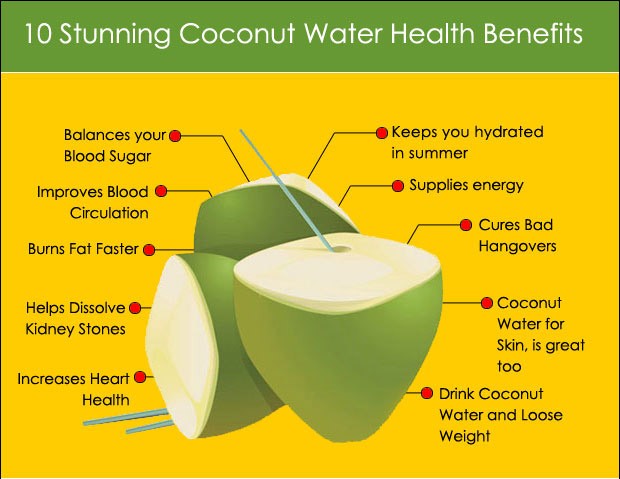Recent studies show that Alzheimer is due to a variety of reasons. However, it’s noteworthy that there is a close link between the health of the heart and the health of the brain. So, if one made sure that his heart is in good health by choosing a diet that significantly lowers the level of cholesterol, he would set himself in a very strong position to reduce his risk of suffering from Alzheimer as he grows older. And if one takes a second decisive step by exercising on a regular basis, the odds are very good that this devastating disease can even be more battled since exercise has proved to be extremely beneficial to fight Alzheimer as it boosts the blood circulation throughout the body and the brain which is a crucial prerequisite for a healthy cognitive ability.
“According to the Alzheimer’s Association, more than 5 million Americans suffer from Alzheimer’s disease, the most common form of dementia. That number could triple by 2050. The disease is far-reaching, often creates life-threatening stress for caregivers, and is invariably fatal. It is now the sixth leading cause of death in the United States. And while the death rates for cancer, heart disease and other conditions have been declining, the rates for Alzheimer’s disease are climbing.
Contributing Factors
A number of factors can put us at greater risk for this all-too-common disease. Genetics are an important cause of your risk, but how genes influence your chances of Alzheimer’s is not entirely understood.
For example, a gene called APOE-e4 increases your risk of Alzheimer’s, but does not make it a certainty. There are other genes that have a more direct link to the condition and are associated with rare, usually early-onset, versions of the disease. Individuals may want to have their genes sequenced to clarify their risk.
Heart health has emerged as a major factor. Because the brain is so heavily reliant on the oxygen and nutrients carried through the bloodstream, any cardiovascular difficulties can produce a ripple effect on the brain. High blood pressure and cholesterol can both significantly boost your risk of Alzheimer’s and other forms of dementia. Because Latinos and African-Americans tend to be at higher risk for cardiovascular disease, they can also be at higher risk for dementia.
Other major risk factories include a sedentary lifestyle, smoking, depression, diabetes and obesity. Women seem to have a slightly higher risk for the disease, though it’s unclear whether this is due to differences in body makeup or simply because women, on average, live longer than men.
Food For Thought
Eating a whole food, unprocessed diet also appears to reduce dementia risk. Again, diet can help or hurt your brain: Good food choices help, and bad choices can wreak havoc, not just for brain health but every other area of health as well. As previously noted, if you have cardiovascular disease, you have an increased risk for cognitive decline.
So if you eat foods that protect the heart — lean proteins, whole grains, lots of fruits and vegetables — you can potentially improve your brain health as well.
Your meals should emphasize greens and cruciferous vegetables — items like broccoli, cauliflower, cabbage, kale and collards. Some research has shown that these can reduce cognitive decline. As a bonus, they are also good for the immune system, detoxification and hormone balance.
Omega-3 fatty acids have also been found to support brain health. One study has shown that people are deficient in omega-3s tend to have smaller brains. That is also a risk factor for cognitive decline. Fatty fish, like salmon, are a great source of these fats, as are nuts and flax seed. Some animal studies have shown that a form of omega-3 known as DHA reduces beta amyloid plaques, a defining characteristic of Alzheimer’s.
Animal studies have shown that rats fed a standard Western diet of processed foods have more trouble with learning and memory. This makes sense: Fat-laden diets are also bad for cardiovascular health and glucose metabolism.”
To read the rest of the article, check it out on the original source over at Better Health Publishing.








Cara Taylor
Oooooh will most certainly have to read this thanks love 🙂
How do you turn vegan I am thinking about it
I wrote a book for people who want to go vegan. So, it’s a beginners’ book. You can find it below. If you cannot afford it for any reason, I’ll give to you for free. That’s my way of encouraging you to turn vegan 🙂 http://www.amazon.com/gp/product/B00E3XWZDU?keywords=robertino%20bedenian&qid=1444206467&ref_=sr_1_1&sr=8-1
Thank you so much for replying and for the information and links.
You’re welcome, Patty!
“Power Foods for the Brain” by Dr Neil Barnard is an excellent and well researched resource on this topic which backs up all the information in this very helpful article. 🙂
Plant-Based Fitness Thank you very much for the information!